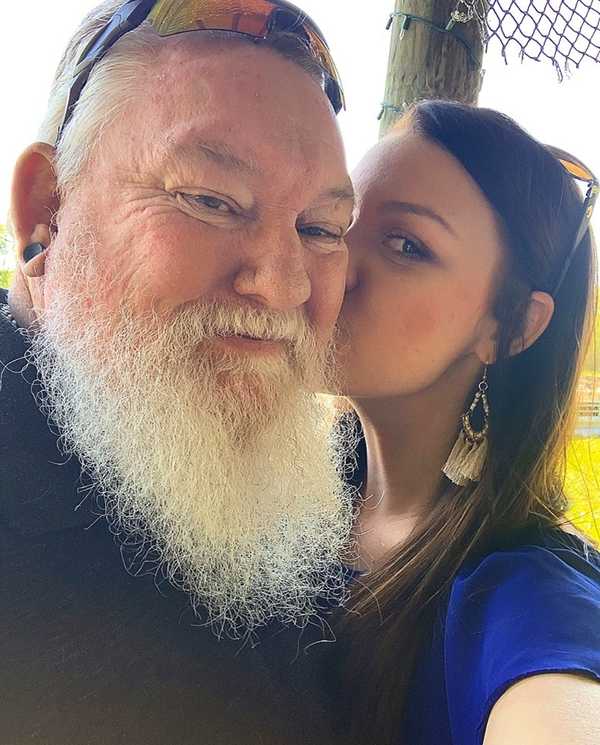Today, having a loved one live with a terminal diagnosis for an extended period of time is fast replacing sudden and unexpected death as the norm within families.
Recently, my grandmother was in the hospital for a blood transfusion and along with doing so, the doctors decided to run more tests because she made it clear to the doctor that she has not been feeling well for some months now. The doctors ran some test and the results were that she had a tumor in her stomach. The doctors have not yet decided if this is cancer or not. They are running more tests on her to make sure they properly diagnosis what they see.
Hearing the news that my grandmother has a tumor and it can potential be cancer was not something I took lightly that day. For the rest of the day I did not communicate with anyone in the office. I kept to myself for the rest of the afternoon. At the moment, many things ran through my mind; by the end of the day I had a headache from the negative thoughts running through my mind. What I came to realize during my long day of reflecting was the nature of death and dying has changed so dramatically, and the way we grieve has also changed. It is said that the new grief differs from traditional grief in significant ways, not the least of which is that it includes the terminally ill person. The process has the potential to alter lifestyles and force families, mine in particular, to confront issues that once were dealt with only when my grandmother was alive. Her death for many of us in the family will easily evoke issues from the past that were never fully addressed or resolved within the family.
I can see it already; the challenges that my family will face when confronted with the diagnosis of my grandmother will be complex. These include evolving new structures and dynamics as my grandmother slowly slips away. It means learning how to cope with setbacks and deterioration, as well as periods of seeming remission. It means dealing with the complexities of extended grief, which will wear some individuals down, especially me, and can lead to ambivalence or the unpleasant feeling we get when we find ourselves wishing that the process would end. It means talking with extended family members about mortality and other issues that do not arise when death strikes suddenly and unexpectedly.
Perhaps the most important thing about going through this process is that it involves some family members to confront issues with that may have been dormant but unresolved for many years. At the end, this means moving forward together as a stronger family after.
After two days of not saying much about the news, or doing anything at all, I knoew that I was not OK. That weekend, I was in grief. Nothing seemed important. Daily tasks were exhausting. Dishes piled up in the sink, and knives crusted with peanut butter and jam. At this point, I did not shower for three days. Restless and heavily sad, I walked around the campus trail for hours back and forth thinking I could more easily imagine myself floating into the dark sky than hanging out with the students on campus. Throughout this time, I experienced an acute nostalgia, a longing for potential lost time now since I was not with her that was so intense I thought it might split me in two, like a tree hit by lightning. I was flooded by past memories — a submersion that threatened to overwhelm me, water coming up around my branches, rising higher. I yearned for the sound of her voice next to me saying my name, telling me to be strong and know that I love you.
I kept coming back to a simple fact: my pain was caused by my absence without her at the moment.
Grief is common, right? We know it exists all around us. But experiencing it made me suddenly aware of how difficult it is to confront head-on. I had no one to share this experience with, and it bothered me. I was not in a pleasant place with the news and I know that it was time for me to talk to her. Tuesday rolled around, and I spoke to her. From her voice over the phone, I could hear that she is not doing so well and I had to swallow that without crying over the phone. Her voice softly said, “Rich, I want you to be strong and not think that this will be a goodbye, but I will see you later and know that I love you very much regardless what the results are.”
I took her message with great gratitude and try to think positive until we hear what the next step is with her condition. At this point, I am in a place of numbness and hoping to hear positive news when the time comes.
To be continued…




















